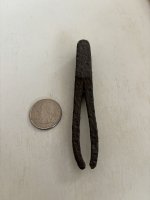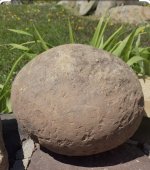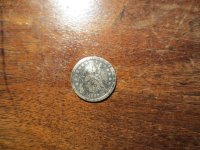Bum Luck
Silver Member
- May 24, 2008
- 3,482
- 1,282
- Detector(s) used
- Teknetics T2SE, GARRETT GTI 2500, Garrett Infinium
- Primary Interest:
- All Treasure Hunting
Since this is the obvious place to start cache hunting, where is the best place to start, and how do you winnow down the leads to the best ones to follow?



 Remember, you are an amateur at researching your family and you think this person is in you family tree somewhere.
Remember, you are an amateur at researching your family and you think this person is in you family tree somewhere.



